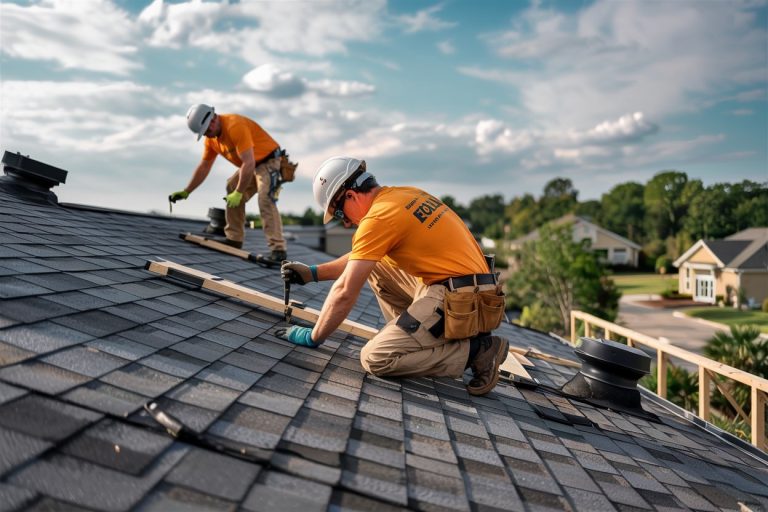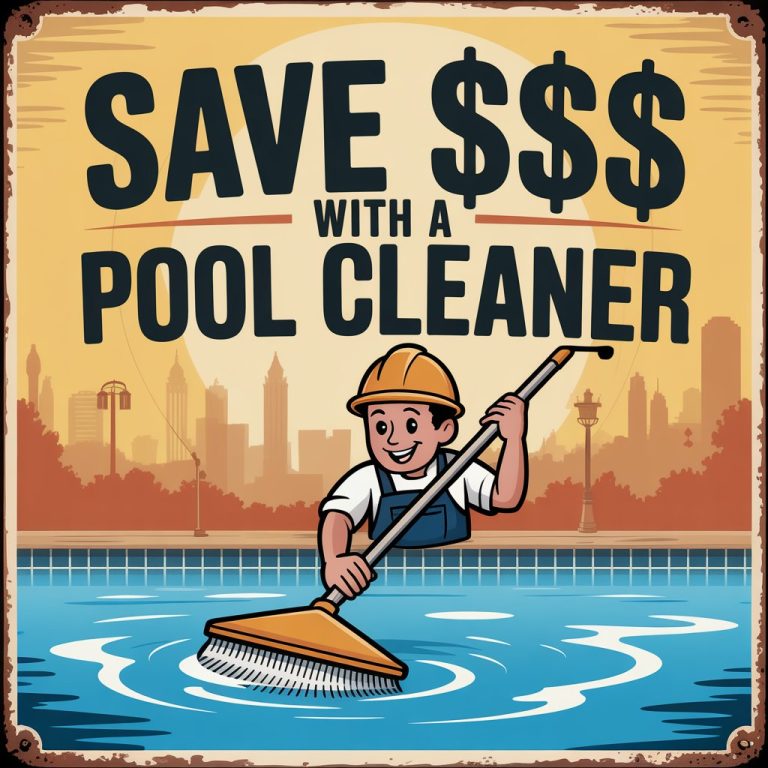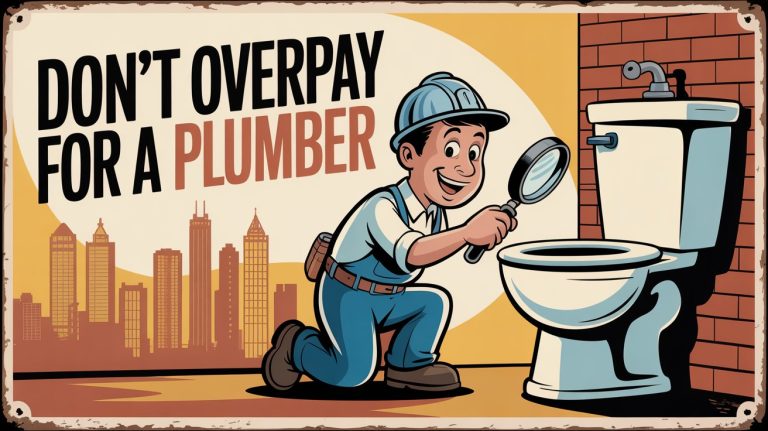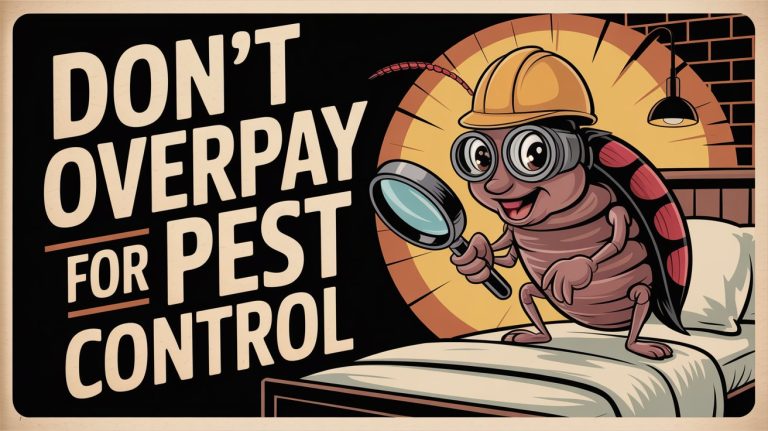
How to negotiate for an appliance repair
Look, I’ve been repairing appliances longer than TikTok has been a thing — and I mean the pre-teen dance video TikTok, not the sound a bad washing machine makes before it dies. Over the years, I’ve learned three things:
- Appliances never break at a “good” time.
- Your in-laws will always be visiting when they do.
- How much you pay for repairs depends less on the appliance… and more on how you handle the repair person.
So, if you’re tired of paying full price for a new belt in your dryer or a compressor swap in your fridge, pull up a chair. Uncle Appliance is going to tell you how to get a better deal — without resorting to bribery, blackmail, or offering me a slice of suspiciously stale banana bread.
1. Timing Is Everything — Don’t Call on Monday Morning or Friday Afternoon
Think of appliance repair techs like cats — we have our moods. Mondays? We’re still recovering from a weekend of emergency calls. Fridays? We’re already daydreaming about not crawling behind a stove. If you call during those times, you’re competing with every other poor soul whose dishwasher decided to turn into a kitchen sprinkler.
Best time to call?
- Mid-morning Tuesday or Wednesday. We’ve cleared the Monday chaos, had our coffee, and your chances of catching us in a charitable mood are 80% higher.
- Avoid major holidays. If you call me on Thanksgiving because your oven quit, I’m bringing the gravy boat and charging you “ruined family gathering” rates.
2. Speak the Magical Language of Repair People
You don’t need to be fluent in Appliance-ese, but the more precise you are, the less we assume you’re a “will ask fifty questions while I’m billing you” type.
Bad way:
“It’s just… broken. Can you come look?”
Better way:
“My Whirlpool WDT710 dishwasher is making a grinding noise during the rinse cycle, started two days ago, model is five years old.”
Why this works:
- You sound prepared.
- You save us diagnostic time, which we might reflect in the final bill.
- We’re more inclined to help a customer who doesn’t treat their fridge like a magical cold box that just “stopped feeling cold.”
3. Compare Quotes — But Don’t Be That Person
Yes, shop around. No, don’t treat repair quotes like a flea market negotiation over a fake Rolex. If you call me and say, “Well, Bob’s Appliances says he’ll do it for $50 less,” you’re basically saying, “Hey, I want you to match a price from a guy who might not even own a screwdriver.”
Instead, try:
“I’ve gotten a couple of quotes, and yours is a bit higher. Is there anything you can do to work with me on the price?”
This tells me:
- You value my work.
- You’re giving me a chance to adjust without insulting my competence.
And if I can shave something off, I probably will.
4. Know the “Parts vs. Labor” Dance
Fun fact: Parts pricing is a Wild West situation. Sometimes, we get them cheaper, sometimes not. Labor, on the other hand, is where a lot of wiggle room exists.
If you know the part is cheap (Google it), you can focus on negotiating labor. For example:
“I saw the heating element for my dryer is about $35 online — can we work something out on the labor if I supply the part?”
But be warned: Some techs won’t install parts you buy yourself because they can’t warranty them. The smart play? Ask first. Don’t surprise us by pulling a suspiciously dusty part out of your trunk.
5. Cash Is Still King
In the digital age, we’ve got cards, Venmo, Zelle — but for many techs, cold hard cash means no merchant fees and instant payment. Offering to pay in cash might just earn you a little discount.
You don’t have to be sketchy about it — just say:
“If I pay you cash today, could you do $X?”
Nine times out of ten, I’ll consider it. The tenth time? I’ll still appreciate the offer.
6. Bundle Your Problems
If you’ve got a fridge with a noisy fan and a washer that’s been walking across the laundry room, tell me both up front. I’d rather fix two things in one visit than make two separate trips. And since I’m already there, I might give you a “package deal.”
Translation: It’s cheaper to pay me once for two fixes than twice for two visits.
7. Flatter Shamelessly (It Works More Than You’d Think)
Yes, I know I’m just here to fix your oven. But if you greet me like I’m the hero who will save your dinner party, I’m more likely to give you my “neighbor rate.”
Instead of:
“You’re late.”
Try:
“You must be slammed with work — thanks for making it out here so quick.”
Repair people are human. We like feeling appreciated. Plus, nice customers tend to get nicer pricing.
8. Know When to Walk Away
Sometimes, the cheapest repair is… no repair. If the fix costs more than 50% of the price of a new appliance, you’re usually better off replacing it.
Example: If I tell you your 12-year-old fridge needs a $600 compressor, don’t beg me to do it for $300. Save that $300 for a newer fridge that won’t die right before you host Christmas brunch.
9. Play the Loyalty Card
If you’ve used the same repair company before, mention it. Repeat customers often get better rates. We remember the people who treated us well — and the people who fed us decent coffee while we fixed their dishwasher.
10. The “Neighbor Recommendation” Trick
Tell me, “My neighbor recommended you” and you instantly get +10 likability points. Word-of-mouth customers feel like they come pre-vetted. And if your neighbor really did recommend me, I’ll want to keep my reputation shiny by treating you well.
Final Thought From the Guy Who’s Seen It All
Getting the best rate for appliance repair isn’t about haggling like you’re at a yard sale. It’s about timing, respect, and a sprinkle of strategic charm. Make my life a little easier, and I’ll often return the favor on your invoice.
Because at the end of the day, your fridge doesn’t care what you paid — but your wallet does. And if you play your cards right, you’ll have money left over for something more fun than a heating element.
Like a cake. Which, if you bake, please don’t break your oven trying to impress me. I’ve seen that too.
If you want, I can also give you a fun 5-step “Appliance Repair Negotiation Script” you can literally read to a tech over the phone to get a better rate without sounding like a jerk. It’s quick, funny, and usually works.



